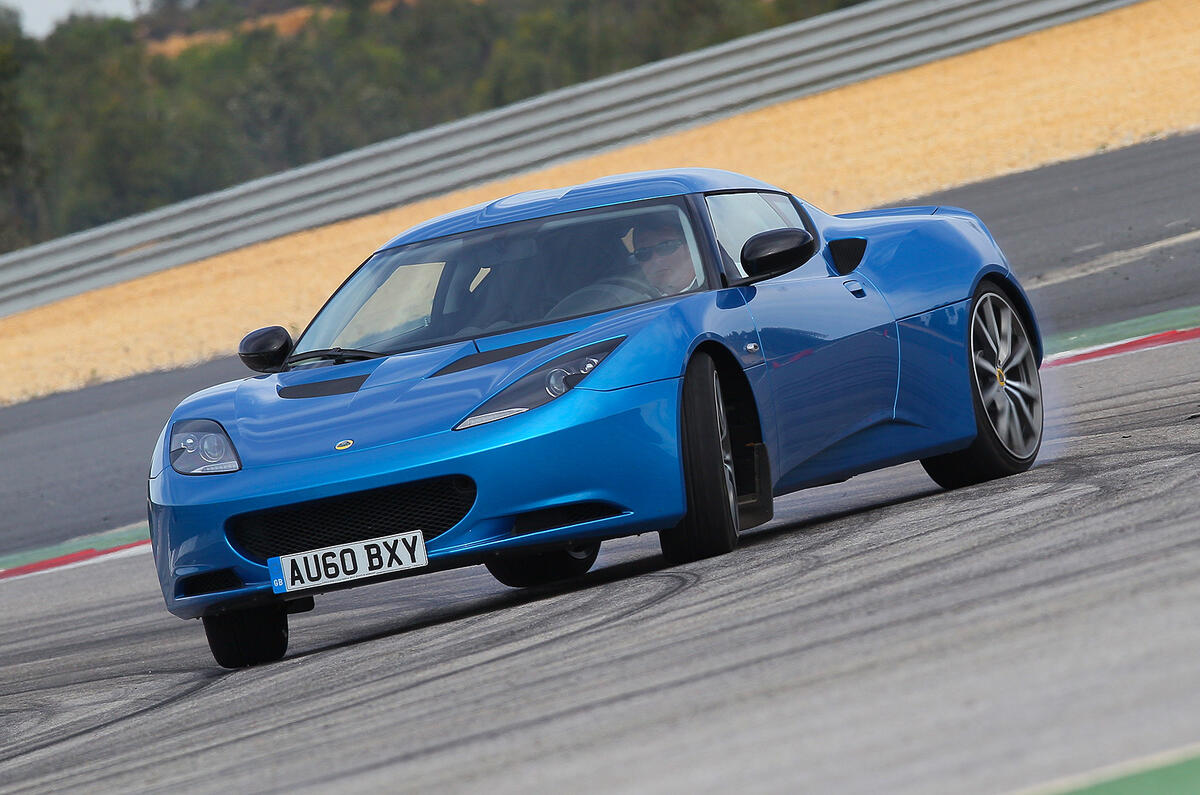The Lotus Evora has been given a five-year stay of execution after Group Lotus boss Dany Bahar revealed big changes to the Norfolk-based company’s radical plans.
As predicted by Autocar, Bahar has confirmed that the new Elan has been postponed until 2017, thus extending the life of the current Evora.
Read Autocar's full road test of the Lotus Evora
Now watch Autocar's Lotus Evora S video review
Other revelations in the tweaked five-year plan include confirmation that it will build its own 570bhp 4.8-litre V8 engine at Hethel to power the new Esprit, planned for 2013.
Bahar also confirmed that the proposed Lotus-Proton city car, to be called Ethos, would go into production, selling as a low-volume Lotus-badged luxury car in Europe and a more affordable Proton in Asian markets. He refused to specify whether the car was a pure battery model or a hybrid, allowing merely that it was “one of the two”.
Bahar, who says the company has “ticked all the boxes” in the first year of the plan, was joined last week by important figures in Lotus’s past — including former F1 works driver Nigel Mansell — to open an improved Hethel test track. It is now deemed suitable for F1 testing and (in theory) for staging a race meeting.
Research among likely buyers of Lotus’s five new sports cars, announced last year at the Paris show, revealed that many would have been unwilling to buy a £100,000-plus car powered by a Toyota engine, however good.
The new V8, being engineered by its 700-strong Lotus Engineering division, will run for the first time this August and weighs just 170kg (a remarkable 80kg lighter than the Toyota unit). According to chief engineer Wolf Zimmerman, the engine is also “40 per cent smaller” than the Toyota, a fact that eliminates looming packaging problems across the new Lotus family.
Zimmerman also confirmed that Lotus was investigating a four-cylinder engine (2.0 to 2.4 litres) comprising one bank of the V8, which could power a 250bhp hybridised Elise replacement due around 2015.





Add your comment